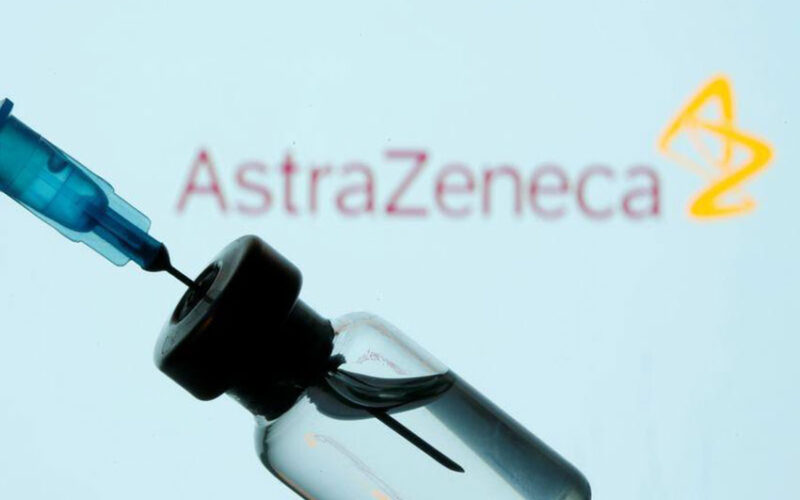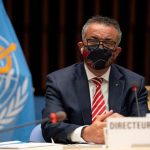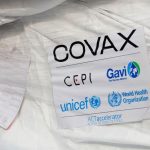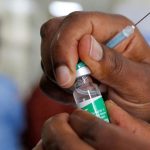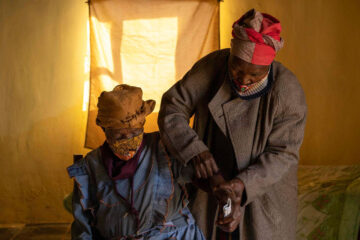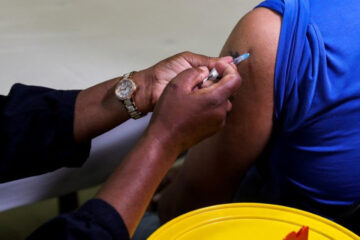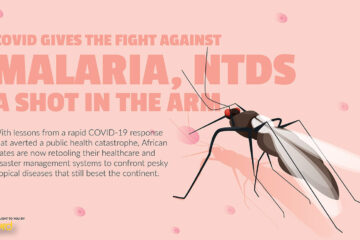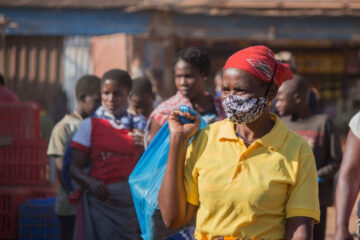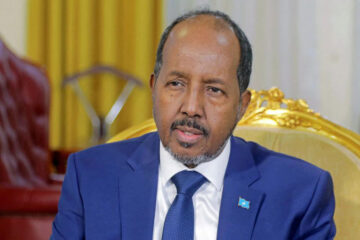MOROCCO has received 2 million doses of Astrazeneca’s COVID-19 vaccine, becoming the first African country to get a large enough shipment to roll out a nationwide immunisation programme.
The consignment arrived on a Royal Air Maroc flight from India, which began exporting the vaccine, developed in conjunction with Oxford University, to mid-and lower-income countries this week.
The vast majority of the production of the three most widely approved COVID vaccines, including the Astrazeneca drug, has so far been hoovered up by developed nations.
World Health Organization Director-General Tedros Adhanom Ghebreyesus this week described the unequal access poor countries had to COVID-19 vaccines as a “catastrophic moral failure”.
Rabat has placed orders for 65 million doses, comprising 25 million of the AstraZeneca vaccine – for which it has deals with both Serum Institute of India (SII) and Russia’s R-Pharm – and the remainder with China’s Sinopharm.
Morocco plans a free vaccination campaign targeting 25 million people or 80% of its population, starting with health workers. By Friday, it had reported 463,706 coronavirus infections, including 8,076 deaths.
Although Egypt received 50,000 vaccine doses in December from its close ally the United Arab Emirates, no African country had up to now received enough supply to start mass inoculations.
India, the world’s largest vaccine manufacturer, began exporting the AstraZeneca/Oxford vaccine to neighbouring Asian countries on Wednesday. The SII also planned to ship doses to Brazil on Friday, Reuters reported.
The AstraZeneca vaccine requires two doses, but unlike some other vaccines it does not need ultra-cold storage, making it easier to roll out in hot countries and remote locations.

